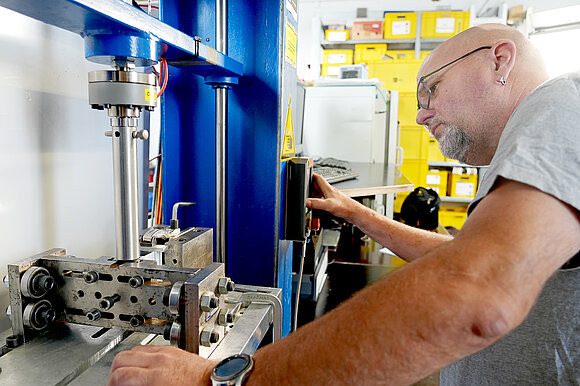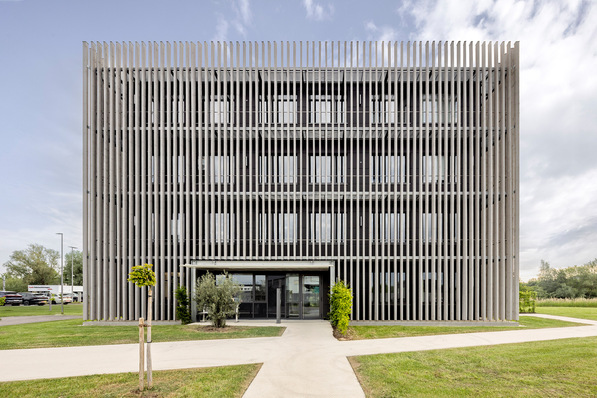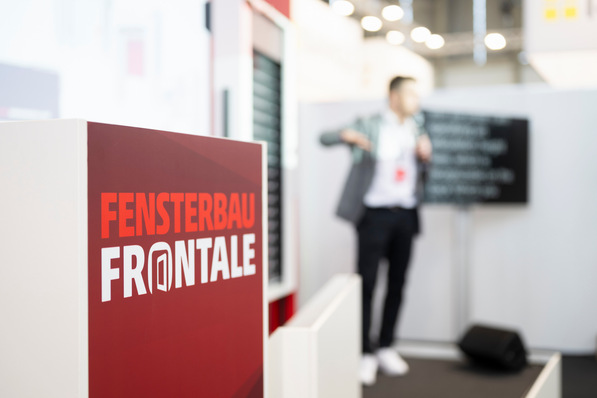Metal profiles with a thermal barrier (e.g. aluminium or steel profiles) have been essential for energy-efficient construction in window and facade engineering for years. The new developments towards the thinnest possible web materials in a wide variety of geometric constructions combined with improved thermal properties are versatile.
ift Rosenheim supports profile and bar manufacturers with tests according to DIN EN 14024 in the development of new profiles with thermal barrier and bar materials.
All normative relevant tests can be carried out in their laboratory in combination with the required ageing methods.
The focus is on minimal inspection effort through efficient specimen selection - combined with extrapolations if required. As an accredited test laboratories, ift Rosenheim also prepares the necessary national technical test certificates in accordance with state building regulations based on the tests according to DIBt guidelines.
Testable Products
A distinction is made between three mechanical designs:
System type A Profile system intended for the transmission of shear forces and where shear failure does not significantly reduce the transverse tensile strength.
System type B Profile system intended for the transmission of shear forces and in which shear failure impairs the transverse tensile strength (e.g. compound connection using resins or only foamed compound systems).
System type C Profile system in which the transmission of shear forces is not intended (soft shear compound connection).
Geometric designs that can be tested:

ift Rosenheim
· Symmetrically loaded profiles
· Almost symmetrical profiles with low eccentricity
· Asymmetrical profiles with high eccentricity
· Profiles not symmetrically loaded
· Performances of ift Rosenheim for Testing Metal Profiles (e.g. Aluminum Profiles or Steel Profiles) with Thermal Barrier
The test can be carried out under the following temperature categories:
· TC 1 (from -10°C to +70°C)
· TC 2 (from -20°C to +80°C)
By clicking here, you can find out more about the tests used to characterize the consequences of different conditioning on the mechanical properties of the connection over time (durability). These are representative of the thermal barrier material and warrant the suitability of the plastic.













